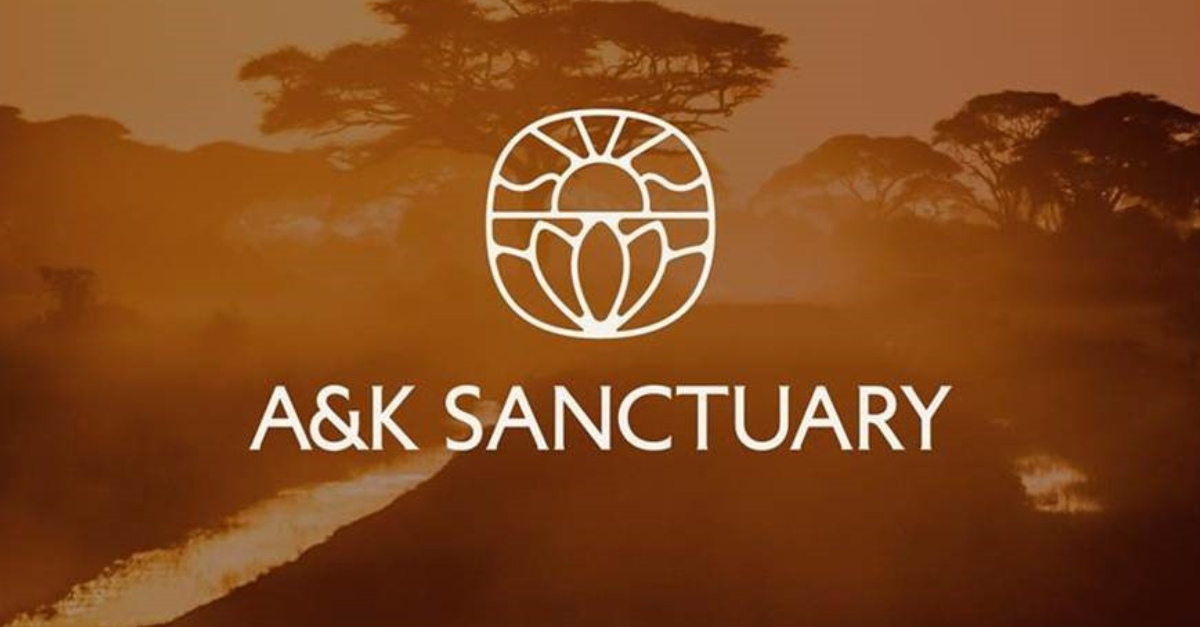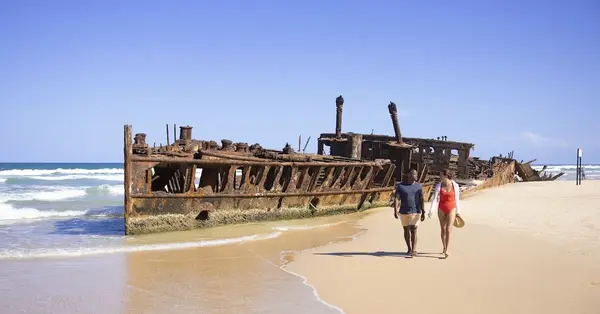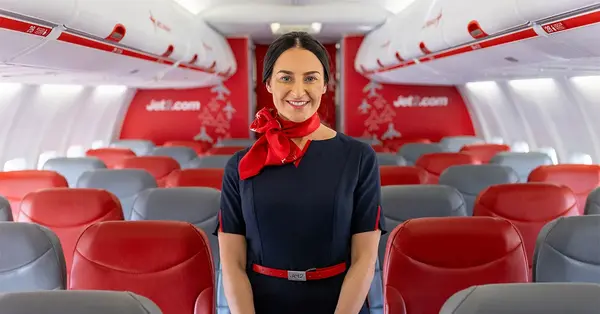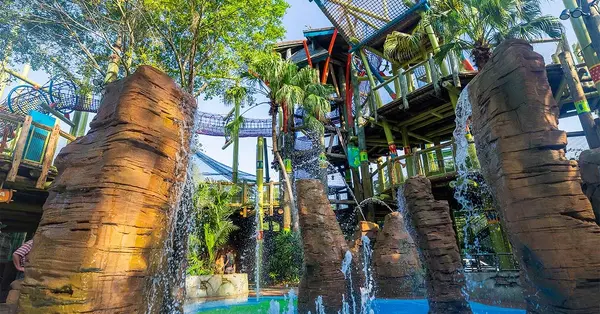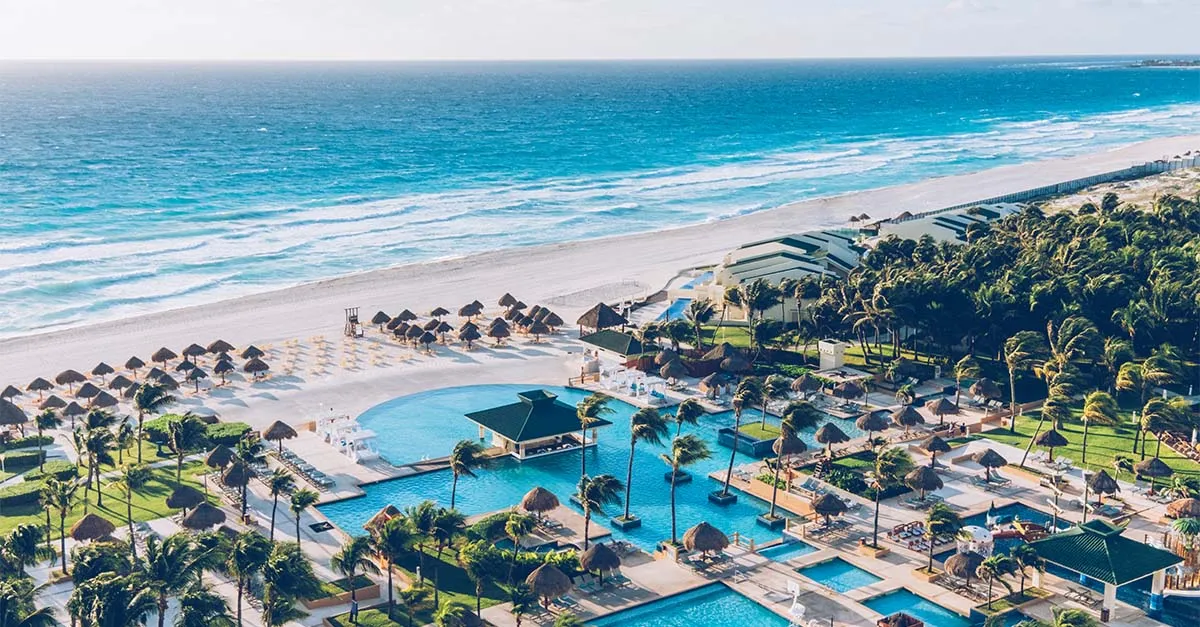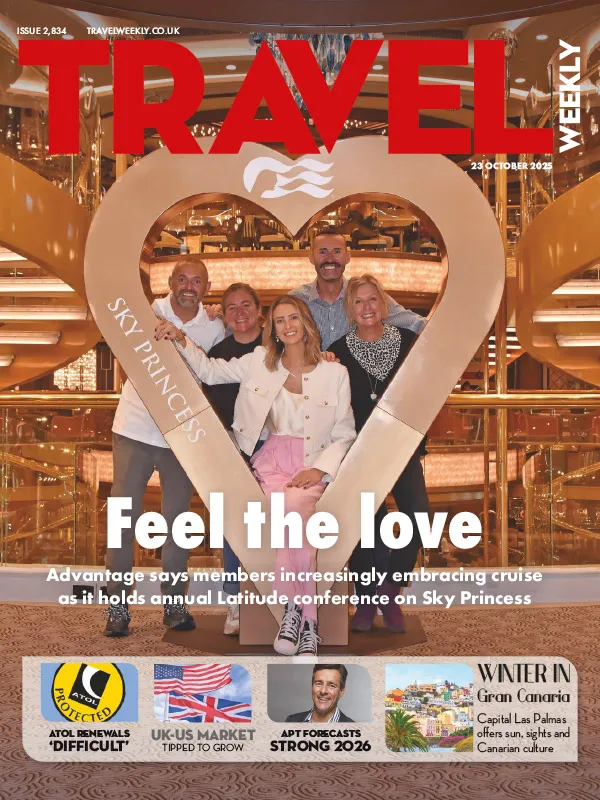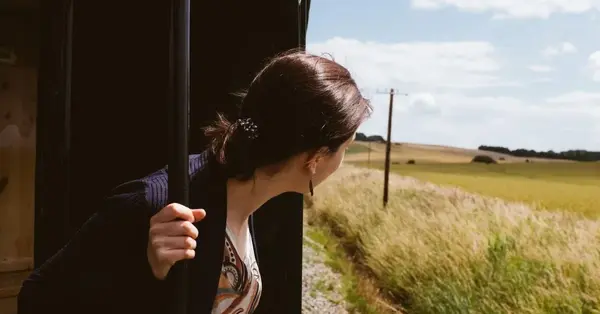You are viewing 1 of your 2 free articles
Comment: Sustainability lessons from the frontline
Newmarket Holidays’ Niel Alobaidi outlines simple steps the operator has taken
In March, I donned my woolly hat and wellies to visit the wet and windy North Pennines and joined the National Landscape Team in laying 15,000 plug plants that will help restore local peatlands and deliver environmental and economic benefits right here in the UK.
It was the latest step in our business’s Travel For Good journey to reduce carbon, offset anything we produce as a company and travel without harming the planet or the people of the destinations we visit.
We’re all aware of the target: net zero by 2050. For those of us in the travel industry, that’s a daunting prospect, especially when your supply chain spans continents, your product relies on aviation, and your customers still expect value.
Here are the key lessons we’ve learned so far, and how they might apply to your own sustainability journey.
Dedicated resource is essential
Making real progress requires more than good intentions, it needs dedicated headcount. We set up a sustainability team to lead the strategy, driving change both within the business and across our supply chain. Alongside them, our internal panel of 16 members, the Greenmakers, champions eco-consciousness, helping embed sustainable thinking into our everyday decision-making. Without clear ownership and leadership, sustainability can quickly become an afterthought.
Just get started – do something
It’s easy to overthink sustainability, waiting for perfect solutions or complete clarity before taking action. But progress comes from movement. Since last summer, we’ve contributed £1 from every booking to peatland restoration. It’s a simple step, but it means we’re moving forward every single day, and events such as last month’s peatlands planting bring our team, partners and customers along on the journey.
Patience and persistence pay off
The commercial pressure is real. Our sector is competitive and price sensitive. But the idea that you must choose between profit and purpose is outdated. Investing in sustainability, whether through carbon reduction, community support, or internal culture, can boost customer loyalty and build brand trust, which, in turn, can bring commercial benefits.
That said, patience is essential. I wish I’d known at the start just how much persistence this would take. Businesses don’t flip a switch and become sustainable overnight. Dependency on others is one of the biggest challenges in building a sustainable future. It requires flexibility, communication, and, above all, setting realistic expectations.
Be prepared to go backwards before you move forwards
Sustainability isn’t a straight road; it’s a winding path with plenty of obstacles. Our journey is only in its infancy and already we’ve faced delays, dead ends, and the challenge of working with suppliers at vastly different stages of progress. The concept of “sustainability” means different things to different partners, and aligning on shared goals is a real challenge for many of us.
Celebrate the wins
The wins, however small, matter. Along with our peatland support, we’re in the process of helping to fund a freshwater project in India and have made sanitation improvements at a school in Nicaragua. These are projects that make a difference and that we can feel incredibly proud of. They provide a powerful reminder of why we’re on this journey and give motivation to everyone who is involved in our efforts.
What needs to change?
Across the industry, we need more transparency and honesty. We shouldn’t be afraid to admit what we haven’t cracked yet. I believe customers value authenticity over hollow claims.
If I could change one thing overnight, it would be more collaboration across the travel industry. We need to work together on aviation fuel, carbon offsetting and education. Too many companies are tackling sustainability in silos.
For anyone starting their sustainability journey, my advice is simple: take ten steps back before you take twenty forward. Define your goals. Be honest about the trade-offs. And don’t wait for perfect solutions, just start. Sustainability must become a core part of business, not an afterthought. It doesn’t just make you greener, it makes you stronger.




